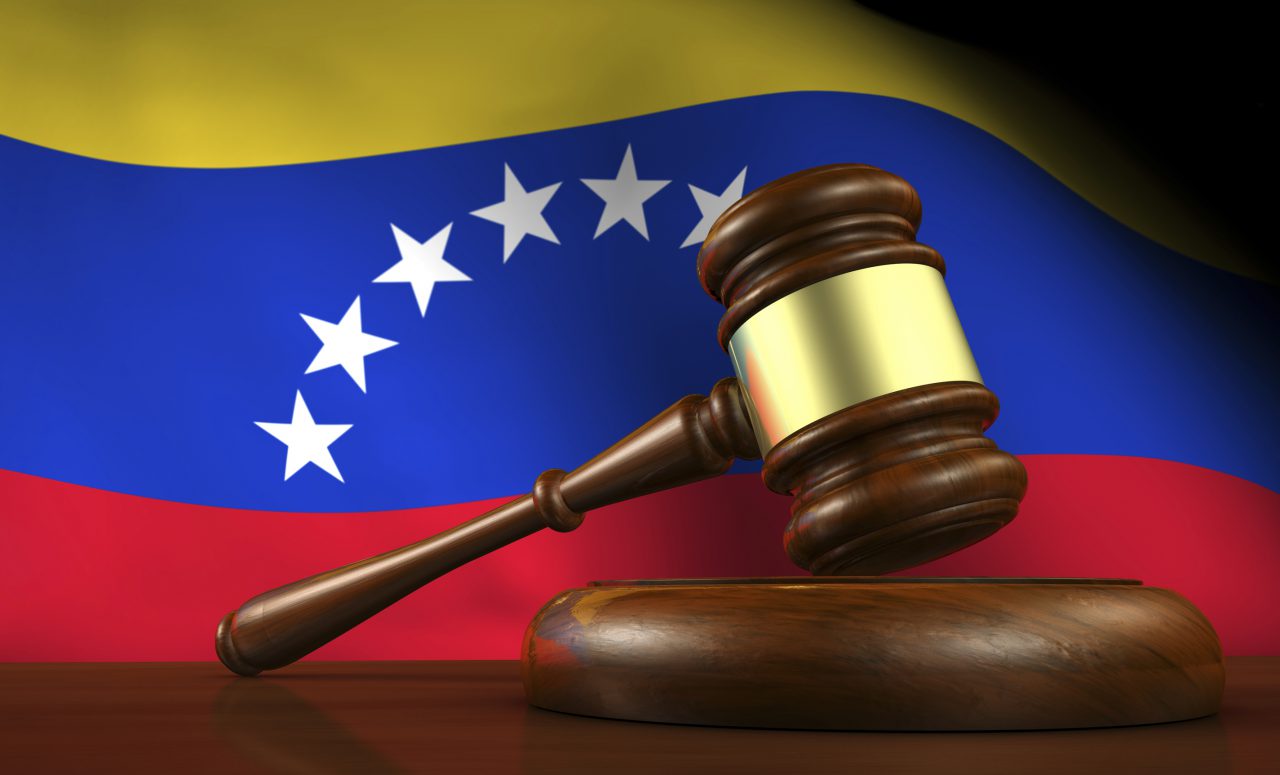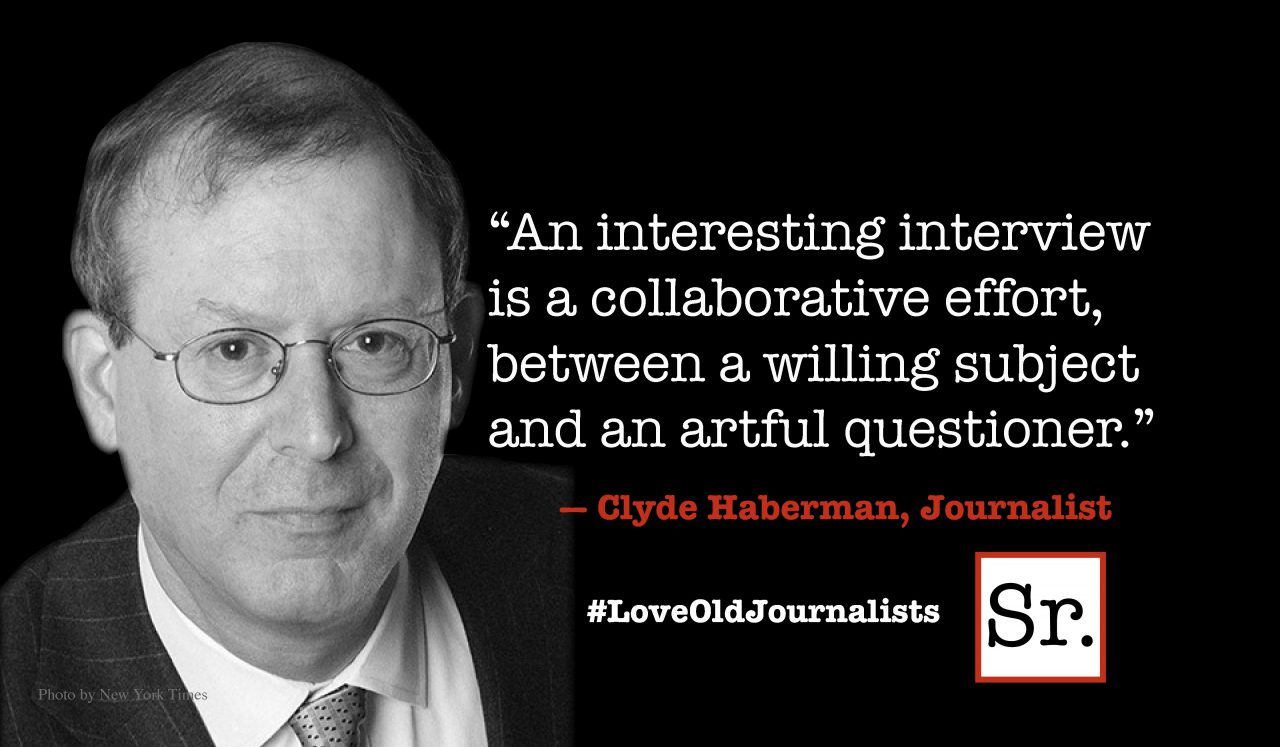When a charismatic army officer, Hugo Chavez, took power in Venezuela after a landslide win in democratic elections, he pledged to bring “21st century socialism” to his oil-rich country and create a society where a “new man” free of selfish urges would work for the common good.
Seventeen years later, those socialist dreams have turned into nightmares. Venezuela, which sits on the world’s largest proven oil reserves, is the sick man of Latin America. It has become a country of sad superlatives, from the world’s steepest inflation to the highest murder rate for a capital city.
Severe shortages of food and medicine prompt frequent riots. Prolonged power cuts are part of daily life. In May, a blistering 138-page report by the Washington-based Organization of American States on Venezuela’s economic and political crisis said the country’s poverty rate had shot up to 76 percent and found that “the health system is collapsing.”
What happened in a country ranked as the richest in Latin America and one of the world’s 20 richest in the early 1970s?
Analyses about Venezuela, often illustrated by photographs of empty supermarket shelves and huge bread lines, tend to trace today’s economic and political crises to the “Bolivarian revolution” initiated by Chavez, who died in 2013, and carried on by his handpicked successor, Nicolas Maduro.
But Venezuela’s basic problem predates both: it is the failure of successive governments to wean the country off its dependence on oil, which accounts for 95 percent of export earnings. Since Venezuela became a major oil producer, in 1922, its economy has moved in tandem with the price of oil – good times with high prices, bad with low.
In the early 1970s, when oil prices quadrupled after the Arab oil embargo, Air France ran a supersonic Concorde flight between Caracas and Paris. Venezuelans flush with money went on weekend shopping trips to Miami and earned the nickname Damedos, short for the Spanish dame dos (give me two). Usually preceded by “ta barato” – it’s cheap.
During Chavez’s 14 years in power, he spread the oil wealth by spending on social programs, from medical clinics and new schools to setting up subsidized grocery stores. He nationalized large farms and gave them to cooperatives. In parallel with pushing his revolution, he turned into Latin America’s most virulently anti-American leader, rivaling his friend and role model Fidel Castro.
Even the Central Intelligence Agency, no friend of left-wing radicals, conceded that his programs benefitted the poor. To quote the latest CIA World Factbook: “Social investment in Venezuela during the Chavez administration reduced poverty from nearly 50 percent in 1999 to about 27 percent in 2011, increased school enrollment, substantially decreased infant and child mortality, and improved access to potable water and sanitation.”
That turned Chavez into a hero of the poor and made him a political rock star in the eyes of leftists around the world who cheered his domestic programs and his strident denunciation of “the empire” to the north. Those who saw him as a progressive visionary shrugged off evidence that the government was systematically cracking down on dissent and throttling the media.
Maduro, who won elections in 2013 with a razor-thin margin, has continued to use the economic tools introduced by his mentor and predecessor: a bewilderingly complex system of currency controls, government-dictated prices for basic goods — and a routine of denouncing the political opposition as traitors, blaming Venezuela’s woes on the United States, and warning of American plots to overthrow him.
Soon after Chavez took power, currency and price controls sparked a flourishing black market in dollars and scarce goods and gave rise to a new class of citizens who grew rich by exploiting economic distortions. The boliburgesia – from Simon Bolivar, Latin America’s independence hero, and bourgeoisie – deepened Venezuela’s endemic corruption.
According to Transparency International, a Berlin-based watchdog group, Venezuela has steadily slipped down an annual index measuring corruption. It now ranks close to the bottom, 158 out of 167 countries measured.
Faced with growing protests and riots, Maduro declared a state of emergency in May and said on state television: “Washington is activating measures at the request of Venezuela’s fascist right, who are emboldened by the coup in Brazil.” That was a reference to the impeachment a few days earlier of Brazilian president Dilma Rousseff, a fellow leftist.
The demand for a referendum stems from the first shift of political power in 17 years – the victory of a coalition of 14 right-of-center or right-wing parties in elections for the National Assembly, where they hold a comfortable majority. Weakened by internal squabbles in the past, the coalition now sees eye-to-eye on demands for Maduro’s departure, an end to the socialist economy and the release of political prisoners.
Enrique Capriles, who lost to Maduro in the elections, spelled out his short-term aim in a recent interview: “A new government should focus on three things: food, medicine and security.”
Opposition leaders say Maduro’s government is doing its best to delay the referendum they demand until next year.
The timing is crucial. Under complicated rules, if Maduro were to lose a referendum this year, new elections would have to be called and polls show he would probably lose them. If he lost a referendum next year, Maduro would be replaced by his vice president, who subscribes to his ideas.
On July 12, in the latest of a long string of attempts to come to grips with shortages, looting and black marketeering, Maduro put his defense minister, General Vladimir Padrino, in charge of distributing food and medicine. How that will help end the crisis of a flawed system remains to be seen.









